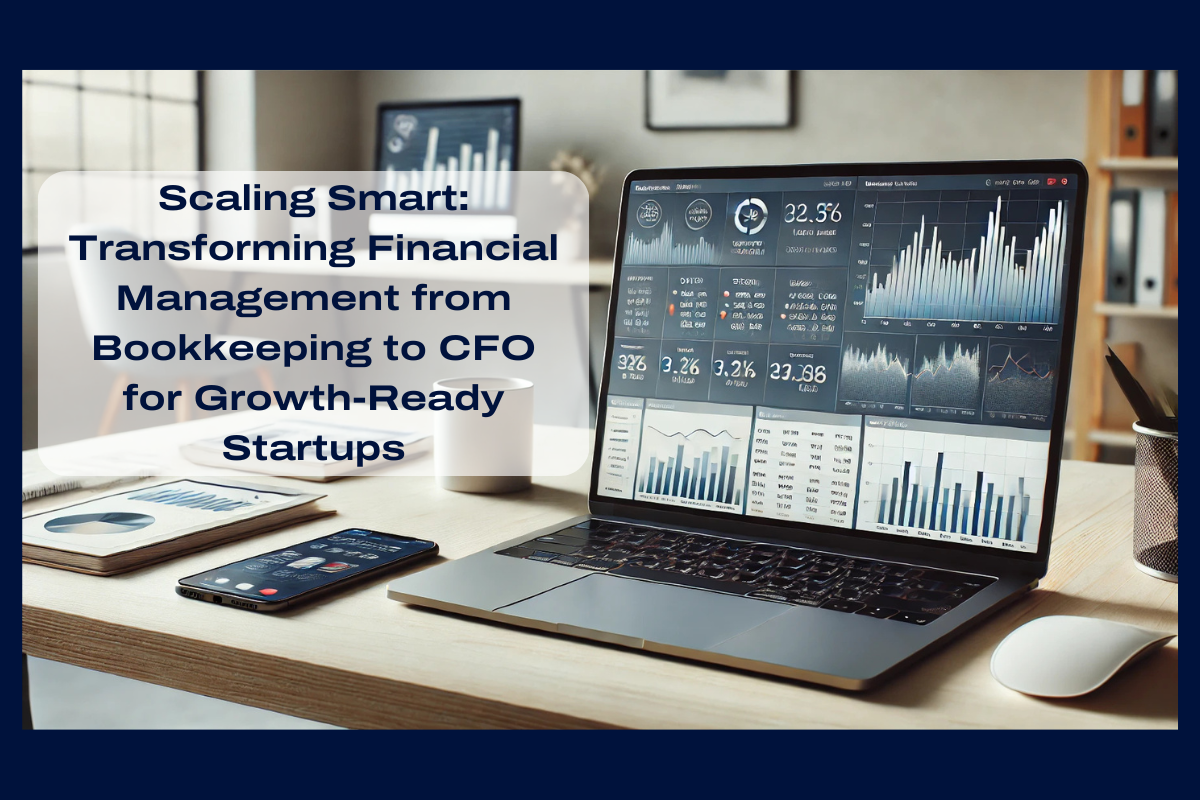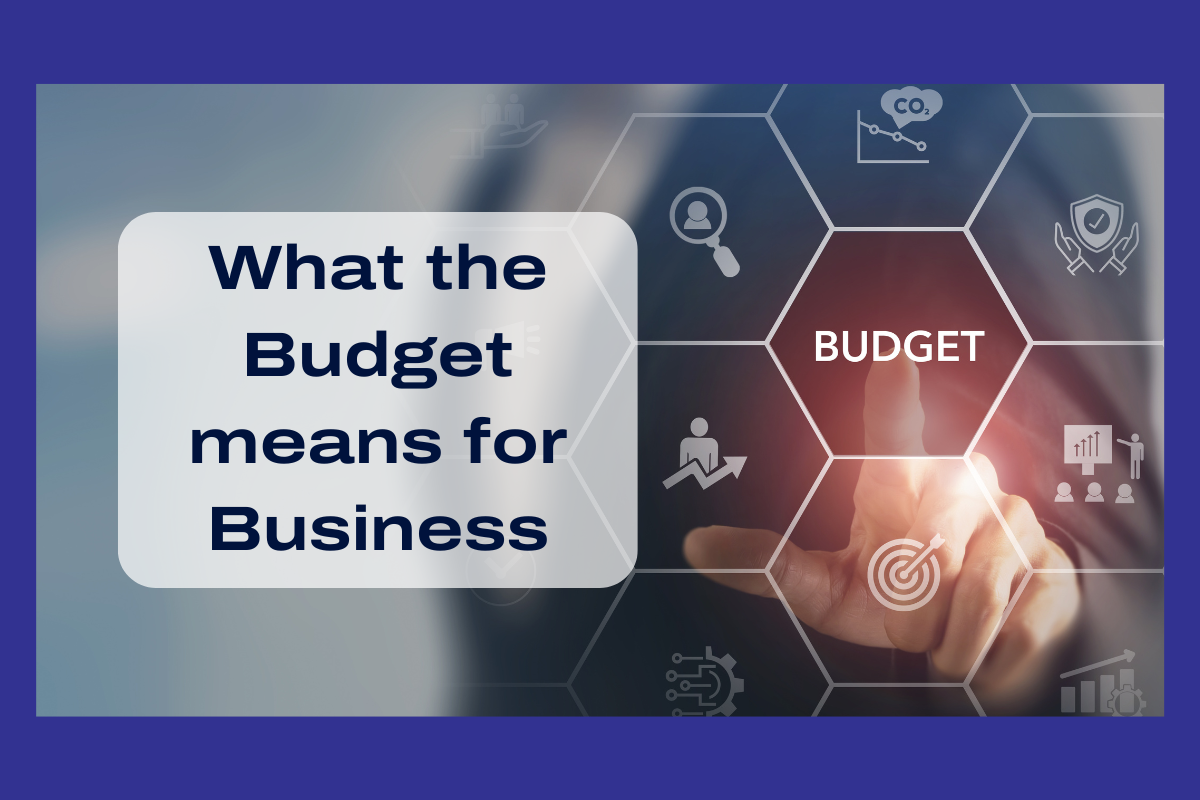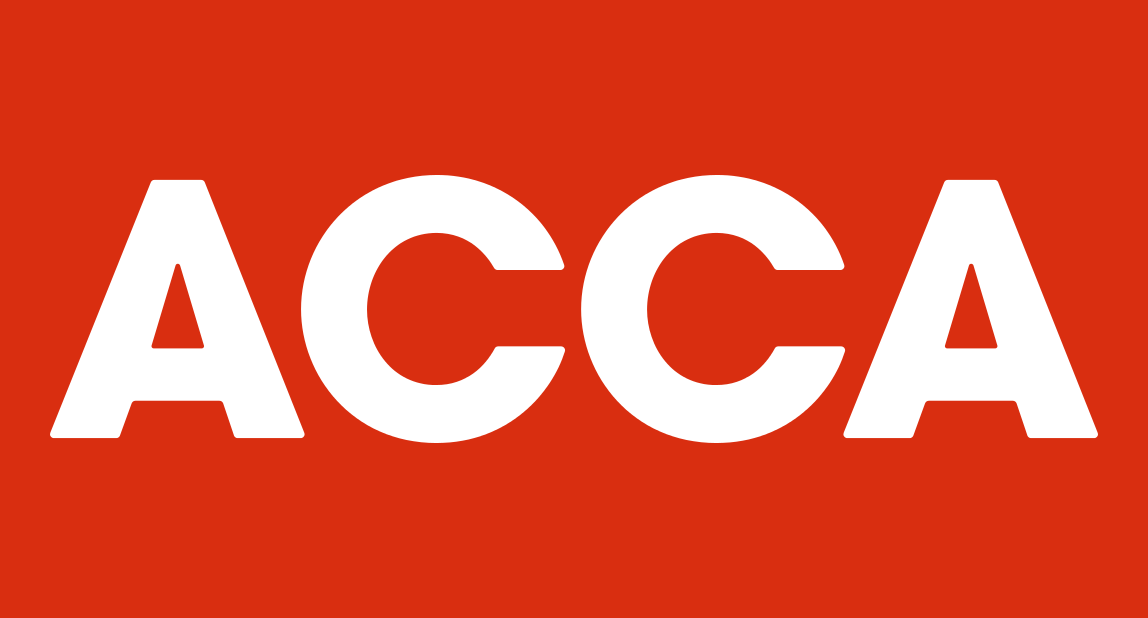Essential UK Tax Planning Tips for 2024
Chris Barnard • October 15, 2024
New Paragraph
Essential UK Tax Planning Tips for 2024
This is a subtitle for your new post
I know tax planning isn't a particularly exciting concept. But with the new Labour government’s talk of raising taxes, I figured it might be helpful to share some ways to manage your money so you can make better tax savings.
You might be thinking, but tax is tax, right? You just send a bunch of receipts to your accountant each year and bite your fingernails off waiting for the bill.
Not necessarily, and if this sounds like you, I have good news. There is a much better way of approaching taxes that can save you a heap of money.
Ever heard of tax planning?
What is Tax Planning?
This is where we look ahead at your goals and what you want to achieve and do over the next few years. Then we consider your types of employment, your income streams, where you have money, what you want to do with that money and making a plan that’s highly tax efficient and keeps more of your hard-earned cash with you.
There are so many little-known areas to claim tax relief or ways to manage your income for maximum benefit, and you don’t always need to be self-employed! The problem is not all accountants are tax accountants, and many are simply unaware of a lot of the nuanced ways to save money on taxes.
But I’m a total geek when it comes to money, taxes, planning and strategy; plus, I’m a Chartered Certified Accountant. So, I absolutely love sitting down with clients and helping them keep as much of their profits as possible by making sure they handle their money in the best way possible.
Here’s a quick list of things you might not know about when it comes to tax relief. If you’re keen to save more of your money, get in touch and ask about our tax planning services.
Tax Relief for UK Employees
New Paragraph
Yes, even employees can claim tax relief and benefit from tax planning. Many employed people think they don’t need an accountant as it’s all taken out automatically. You may work for a great company, but they are highly unlikely to be spending any time advising you on ways to claim tax relief as an employee. It’s worth getting clued up at the very least and ideally getting advice to see if it’s worth you working with a tax advisor to save you some money.
Here are a few general expenses you may not know about
(check out the government guidelines
here):
- Work from Home Allowance: Yes, you can claim for working from home as an employee. You're entitled to claim a without the need for detailed receipts.
- Specialist Equipment: Need a decent office chair or an extra screen? You can claim expenses for specific work-related equipment you need to work from home. Check with your employer first, as they may reimburse you. But if not, you may be eligible to claim it back on your tax return.
- Professional Fees and Subscriptions: These may be deductible if they are industry-related fees necessary for your role.
- Telephone Costs: Employees can claim a percentage of phone bills used for business purposes if a separate business phone isn’t provided.
- Moving Home Due to Employment: Relocated for work? A specific allowance is available for employees who need to move home because of a job relocation.
- Check Your Tax Code: Many people overpay taxes for years, unaware they are simply using the wrong tax code! Don't just assume HMRC have it right - double-check.
.
Tax Relief for Specific Occupations
There are various allowances for different occupations that many people are simply unaware of and, therefore, losing out.
Such as:
- Pilots: Fixed allowance of £1,022 for uniforms, professional clothing, and job-specific expenses.
- Oil & Gas Workers: Working offshore means you may qualify for different tax reliefs based on the proportion of time spent onshore versus offshore.
- Employees Needing Specialist Clothing: You can claim for uniforms, protective gear, and job-specific clothing costs through HMRC’s fixed-rate allowances.

Tax Savings for Self-Employed and Sole Traders
There are many opportunities for tax relief for the self-employed. Most people know about general tax savings, but we often see people at opposite ends of the scale: those playing it too safe and missing out and those who attempt to claim for too much and risk getting caught out one day. So it makes sense to get expert advice on this and know you’re safe and keeping as much money as possible.
- Trading Allowance: If you have super low expenses or income, it might be better to claim the full allowance of £1,000 annually without itemising everything.
- Home Office Expenses: Most of us work from home now, but did you know you can claim expenses for that? And do you know how to calculate it? Again, this is where working with a tax accountant can really help.
- Mileage Allowance: Meeting someone in person? Going networking or to a conference? Keep track of your mileage, and you can claim 45p per mile for the first 10,000 miles. After that, it drops to 25p per mile.
Telephone and Internet:
Many people get caught out with this one. Here’s a quick overview…
- Single Phone Line: If you use one phone for both personal and business use, you can claim 50% of the total bill.
- Separate Phone: If a separate business phone is used, 100% of the costs can be claimed.
Industry-Specific Tax Savings
Similar to employees, certain professions benefit from higher allowable expenses specific to their industry:
Actors and Presenters:
Due to the nature of this role requiring you to be on TV etc., you can claim for things like hair and makeup costs, clothing, and agent fees.
UK Tax Planning For Company Directors or High Earners:
Tax planning becomes even more valuable the higher up the pay scale you climb. Never be afraid to ask how to manage your money better. We aren’t born knowing this stuff. At Collective Concepts Accounting, there are no stupid questions. We’re just keen to share our knowledge with you and help you make greater tax savings and climb even higher.
Here are a few tax benefits to consider:
- Pension Contributions: The obvious one, but are you really making the most of this allowance? Payments into a pension will reduce your taxable income.
- Tax Efficient Savings: Besides your pension allowance, are you also maximising your ISA allowance? ISA’s offer tax-free saving opportunities and can help bring that tax bill down even further.
- Company telephone: 100% of this cost is allowed as an expense
- Healthcare & Insurance: You can have your limited company pay for relevant life coverage as a tax-free benefit. Other healthcare-related schemes can go through the company but may be classed as a benefit in kind. This is where working with a tax accountant will clarify what you can do to claim additional tax relief.
- Salary/Dividend: Getting this mix right goes a long way to saving you money on that tax bill.
- Working from home: Just because you’re a director doesn't mean you can’t claim at least the £6 a week allowance.
- Enterprise Investment Scheme (EIS) & Seed Enterprise Investment Scheme (SEIS): This is when it starts getting more tricky, and I would 100% recommend getting advice from someone experienced and knowledgeable. Done correctly, these are highly effective ways to benefit from immediate income tax relief and deferral of capital gains when investing in specific shares. (See a govt guideline here)
- Crypto Tax Returns: This is one of our areas of expertise. We’re highly experienced with crypto and can help you plan the best way to manage it, cash in, and file crypto tax returns. Check out our website for more info on this.
Company Vehicle Options:
- Electric Vehicles (EVs): Sometimes you get better tax benefits with a company-owned EV.
- Vans vs. Cars: In some instances, company directors are better off using a van or commercial vehicle instead of a regular car for tax purposes.
- Mileage vs. Company Car: Deciding which of these is best depends on a number of factors, and it’s best to get advice and consider your personal situation and future plans.
Property Tax Relief for UK Landlords
Another area we specialise in is property. So we can give really tailored advice here. However, for the purposes of this short checklist, here are just a few general things you can claim for:
- Property Allowance: For smaller rental incomes, make the most of the £1,000 annual allowance instead of itemising every expense.
- Repairs & Maintenance Costs: Track all repair, maintenance, and management costs, as they may be deductible.
-
- Interest Relief: Mortgage interest relief may be available to you, but again, seek specialist advice here and don't just assume you can claim all of it! Sometimes, it's better to set up a company for your property.
Proactive Tax Planning
Don't wait until it’s time to file to think about tax planning! Being proactive about your money and potential taxes means thinking ahead to avoid last-minute surprises and maximise savings. We offer tax planning that checks in regularly throughout the year and takes into account your current situation and future goals and plans.
As technology advances and takes over day-to-day accounting, it’s more important than ever to have a skilled tax accountant at your side to advise and help you plan and manage your money so you keep more of it, improve profitability and achieve your goals faster.
Ready to save money and talk tax planning?
Book a free chat
with us to see if we can help.
Follow Chris on LinkedIn for more tax and accounting tips
Related Posts
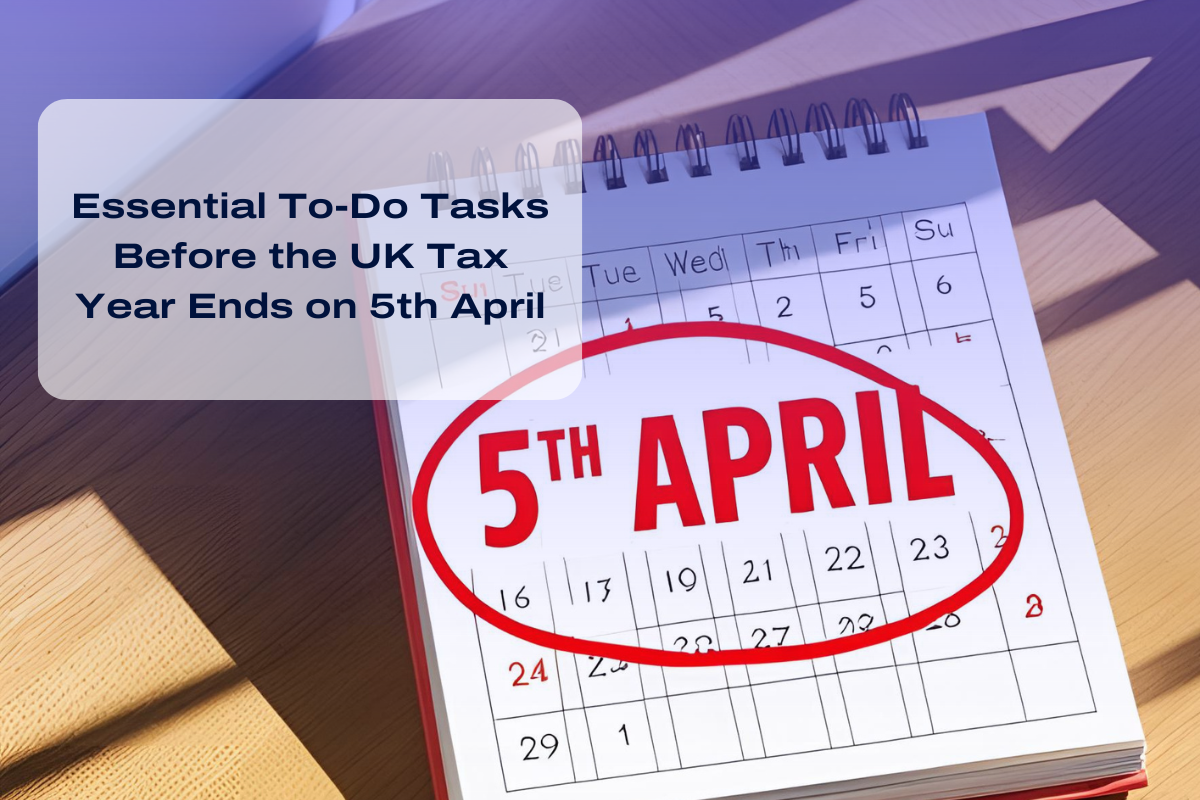
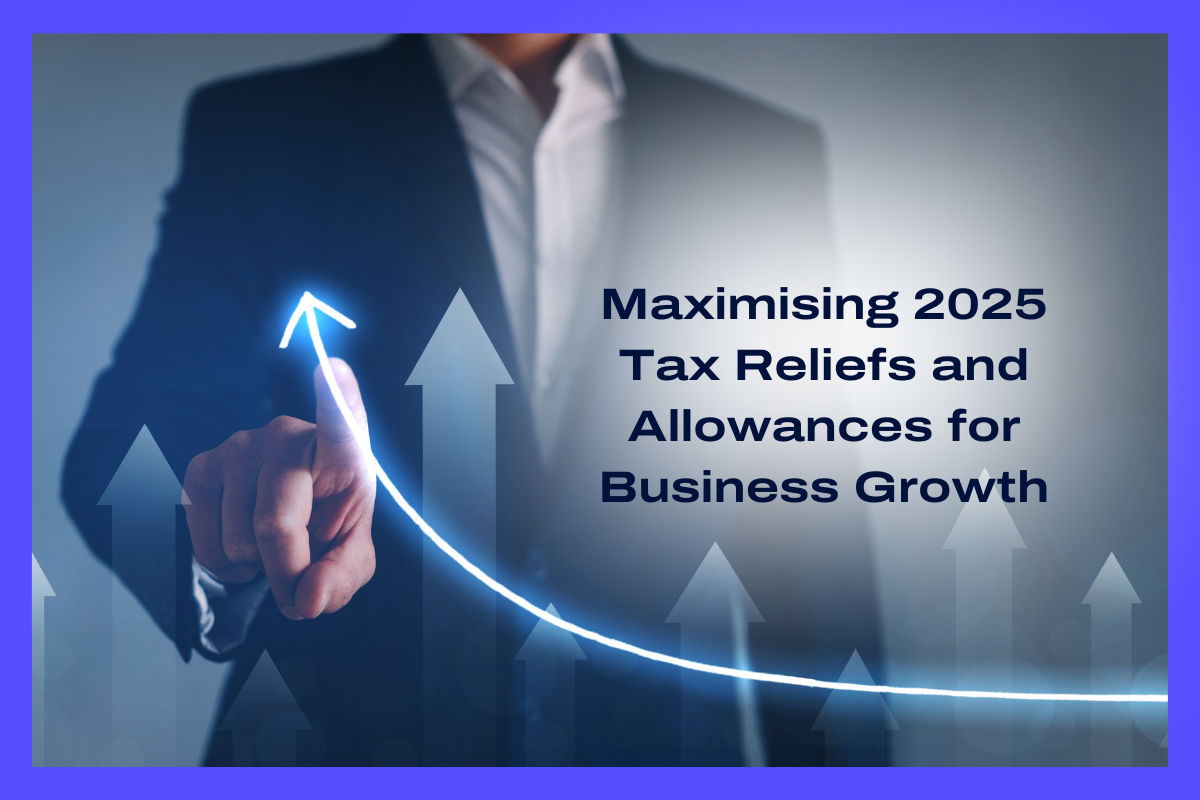

© 2023 All Rights Reserved Collective Concepts Accounting Ltd. Registered office is Sussex Innovation Centre, Science Park Square, Brighton, BN1 9SB. Company Registration Number 14158965



